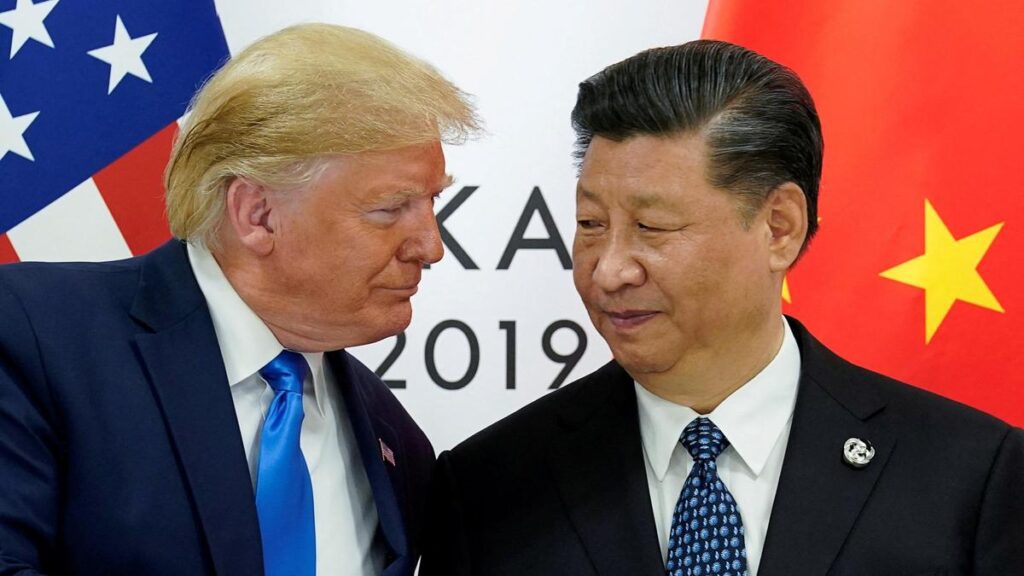Now Reading: New US work-permit rule raises stakes for Indian professionals and global job-seekers
-
01
New US work-permit rule raises stakes for Indian professionals and global job-seekers
New US work-permit rule raises stakes for Indian professionals and global job-seekers

The United States has introduced a significant change to its work-permit rules for legal immigrants, and the fallout may reach far beyond American shores. Indian professionals, students planning overseas careers, and even families in smaller cities like Nagpur should pay attention. The new regulation ends automatic extensions of employment authorisation, replacing them with additional vetting across the board.
What’s changing in the US system
Under the previous framework, many immigrants who filed a renewal application for their work permit (EAD) could continue working legally beyond the expiry date, under an automatic extension. With the updated rule, that automatic coverage ends for some categories, and each applicant must now await fresh screening before employment authorization is renewed. The shift adds waiting time, uncertainty and administrative risk.
Why it matters for Indian professionals
India has long been a major source of talent for US tech, engineering and research sectors. For a young engineer in Pune or software specialist in Bengaluru aspiring for a US job, the change means the timeline between jobs might widen and visa plans could face disruption. Even if you’re working abroad or abroad-bound, this reinforces the need for clearer contingency planning and understanding of immigration timelines.
Implications for smaller cities and local talent
For students and mid-career professionals in tier-2 cities, such as Nagpur or Jaipur, these changes send a signal: international opportunities are still available but depend increasingly on policy environments. Career aspirations must now factor in delays and possible work-gap risks. Also, local education institutes and training centres should update guidance to reflect that going abroad may involve more than just securing an offer—it might involve waiting and compliance.
What job-seekers and professionals should do
First, ensure applications for renewal are filed well in advance and understand the new processing environment. Second, consider back-up plans—whether in India or other countries—with realistic timelines. Third, keep documentation in order, monitor policy updates and consult experts if your visa or EAD is under renewal in a changing regulatory scenario.
Conclusion
The US regulation update on work-permit extensions is more than a policy tweak—it represents a shift in how global talent flows are managed. For Indian professionals and aspirants from smaller cities, it means greater attention to timelines, paperwork and alternate paths. International careers are still possible, but now demand a sharper awareness of policy risks and flexibility in planning
























